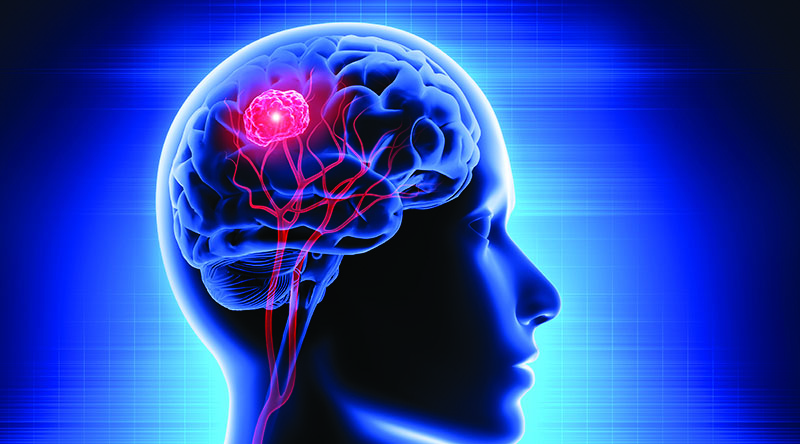Brain and spinal tumours

Brain and spinal cord tumours are abnormal growths inside the bony spinal column or skull- the primary components of the central nervous system.
Benign tumours are noncancerous, while malignant tumours are cancerous. The central nervous system is situated within rigid, bony quarters, so any abnormal growth can place pressure on sensitive tissues and impair brain function.
Symptoms of brain tumours include headaches, seizures, nausea and vomiting, vision or hearing problems, behavioural and cognitive problems, motor problems, and balance problems. Symptoms of Spinal cord tumours include pain, sensory changes, and motor problems.
Diagnosing brain and spinal tumours
Dr Moyeni will start off with a neurological assessment. Special imaging tests such as MRIs, CT Scans and PET-CT Scan are used. Laboratory tests include an EEG and a spinal tap. A biopsy may be taken from a suspected tumour, to help Dr Moyeni diagnose the type of tumour.
Types of tumours
Dr Moyeni specialises in treating the following types of tumours:
Glial tumours
Glioma is a type of tumour found in the brain and spinal cord. Glioma tumours start in the gluey supportive cells (glial cells) that surround nerve cells and help them function. Treatment for glioma tumours depends on the type, size, grade and location of the tumour, as well as your age, overall health and preferences.
In addition to actions to remove the tumour, treatment for glioma may include medication to reduce the signs and symptoms of the tumour.
Meningioma based Tumors
A meningioma is a tumour that forms on membranes that cover the brain and spinal cord just inside the skull. The tumour usually forms on the three layers of membranes that are called meninges.
About 90% of meningioma tumours are benign (noncancerous). Most meningiomas occur in the brain, but they can also grow on areas of the spinal cord. If your meningioma causes symptoms or shows signs that it's growing, Dr Moyeni may recommend surgery to remove the tumour.
